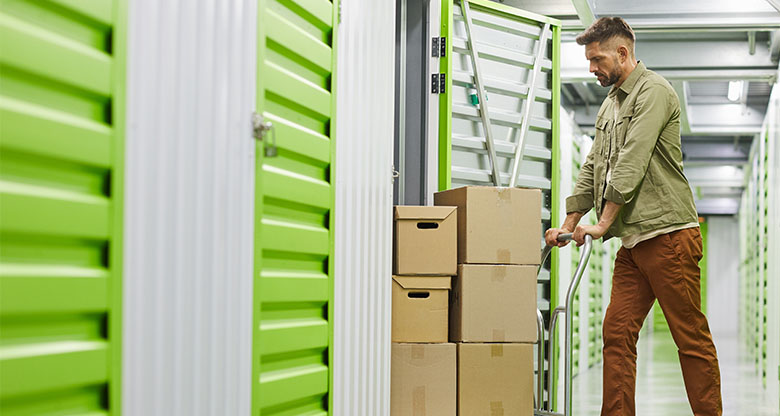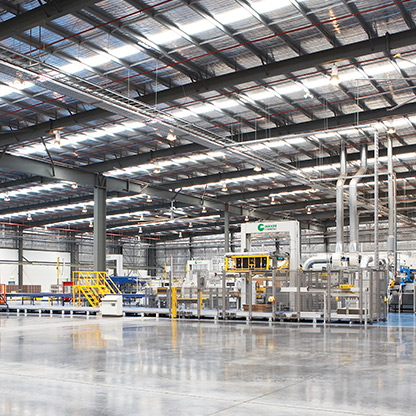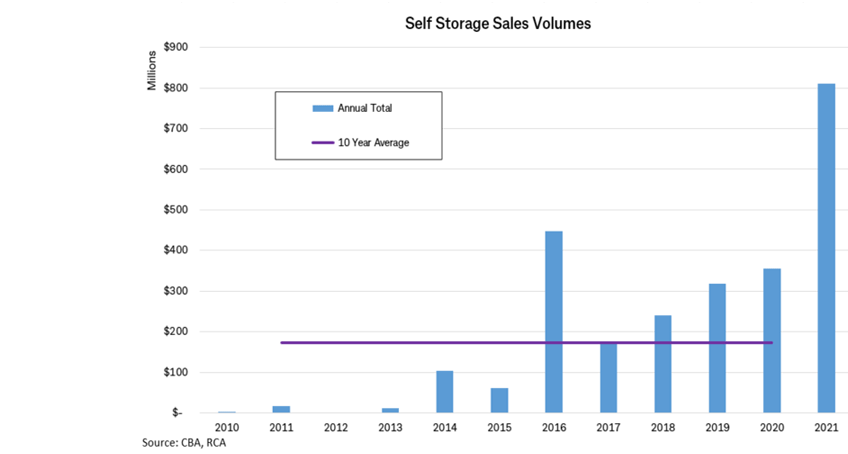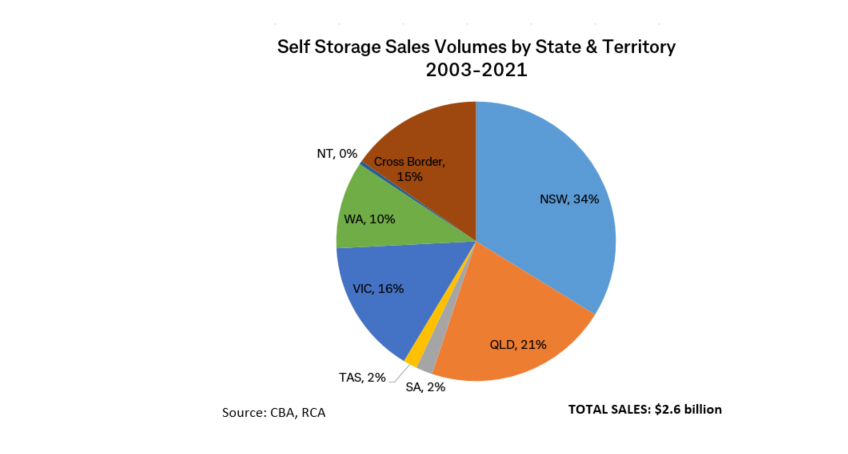Self storage properties are diverse in terms of their location, quality and size. Facilities range from smaller converted secondary industrial properties in regional locations, to purpose-built, multi-storey complexes in high density urban locations. Although yield compression over time is apparent, given the diversity in assets, there is a wide variance in self storage cap rates with evidence from the last couple of years highlighting a range from as low as 6.6% to as high as 11.5%.
Within the self storage industry itself, market share concentration is low. There are large national chains in Australia, however many operators are individuals running a business in one location. IBISWorld’s recent report on the industry highlights two major players: National Storage REIT and Kennards Self Storage Pty Limited, with their market share at 12.8% and 10.6% respectively. Capital costs and site availability remain constraints to expansion, particularly for the smaller operators.
In terms of the industry’s key drivers, these include urbanisation and online retailing trends.
Although the pandemic has supported a population shift out of the bigger cities to more regional locations, urbanisation trends remain apparent. Also, as international borders open up, Australia’s population growth, particularly in metropolitan locations, will rebound. Typically the more urban, the less storage space available at home, the greater the demand for self storage facilities.
With the attractiveness of online shopping showing no signs of abating, demand for space to store stock in self storage facilities, particularly from smaller businesses, will continue. Other factors currently impacting the self storage industry include the buoyant residential property market, efforts to de-clutter dwellings and downsizing.
The outlook for Australia’s self storage industry is positive with IBISWorld forecasting revenue to rise at 4.4% (annualised) over the five years to 2026-27, reaching $1.9 billion. The number employed in the industry is expected to grow 2.2% (annualised) over the same period.
The economic recovery following the pandemic impact will provide a boost to the industry’s growth outlook. This, alongside supportive industry drivers, indicates self storage’s popularity among property investors is expected to continue.





